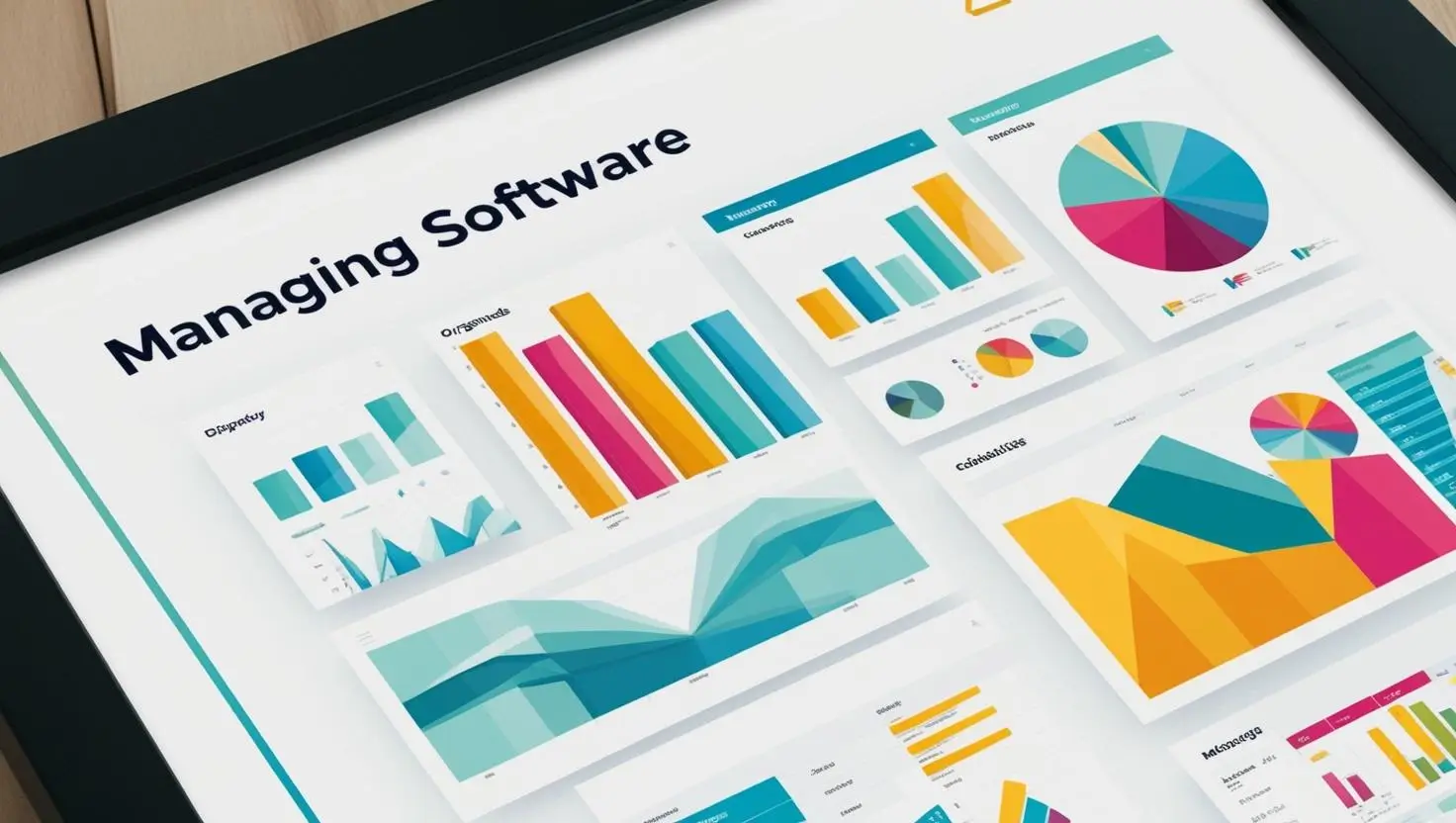Strategies for Effective AI Integration in Business

Discover specific strategies for leveraging AI, regardless of your business size. This includes process automation, customer engagement, and data analysis. With the right steps and real-life examples, you can drive better results now.
Evaluating Business Needs and AI Readiness
Automating tasks and improving decision-making is a good starting point for strategy. But you’ll first need to know where you stand in terms of AI readiness. This means for both technology and your team. Assess the goals you’d like to reach. Then find areas that need improvement to make it happen. What is the Main Advantage of Using AI in Businesses?
AI’s transformative impact on businesses makes day-to-day tasks easier. That’s the most obvious. AI in business can automate complex tasks, and find hidden patterns in data. It delivers insights beyond human capability. This leads to increased efficiency, reduced costs, and a competitive advantage. AI-powered personalized customer experiences foster customer loyalty and drive revenue growth.
Additionally, AI’s predictive analytics enable strategic planning. Its scalability also ensures adaptability. This is especially important with changing business needs and dynamic markets. AI can enhance risk management and decision-making – sparking innovation and development. Keep your business at the forefront of market trends with AI tools.
AI Technologies That Can Enhance Business Processes
AI technologies are changing business in more ways than one. Here are a few of the most common.
Machine Learning Algorithms
This can automate tasks, giving employees more time for higher-value activities.
Natural Language Processing (NLP)
This enables more personalized customer support. This can be through something such as a chatbot. Computer Vision powers real-time product inspection and anomaly detection.
Computer Vision
This is key for inspecting your product in real time. It’s also helpful for quality control, able to quickly detect errors.
An AI business process automation brings your company a competitive advantage.
Related Articles:
Using AI For Revenue Growth and New Opportunities
AI unlocks revenue growth, and it does so beyond complex strategies. Every business, regardless of size can benefit from AI’s powerful applications. Here are a few main usages.
Visualize Data
An AI-generated graph or chart is a great example. It seamlessly provides actionable insights for your business.
Analyze Customer Networks
AI tools can help better understand customer’s preferences and behaviors. For example, seeing who is a frequent buyer. Maybe even an ‘abandoned’ shopper, a common term in eCommerce.
Social Media Insights
Gain feedback from AI tools. Even create your assets to market your products and services.
Automated Reporting
See how much your business is making daily without breaking your teeth.
AI tools can identify trends, optimize pricing, and personalize marketing. AI-powered market analysis pinpoints upcoming trends and customer preferences. They are usually with 80% accuracy. This enables businesses to tailor products and services. Dynamic pricing strategies, informed by real-time data, maximize revenue and profitability. Personalized marketing campaigns resonate with target audiences, boosting sales and loyalty.
As an example, take a retail company that uses AI for dynamic pricing strategies. The AI system analyzes real-time market data, customer behavior, and inventory levels. It does all of this in real-time too. During a period like Black Friday, it can automatically raise prices slightly. Get more for less.
Implementing AI Solutions
AI strategy is important for the successful implementation of AI solutions. Before scaling up, start with smaller projects. Select AI business solutions that align with your company’s goals and objectives. his can help you to gain insights and experience on how to best continue.
This will ensure seamless integration with existing systems and data infrastructure. Expect to see steady improvements. You will also be maximizing the value of your AI investments.
Training and Implementing an AI-Savvy Workforce
Being equipped with AI knowledge and skills is essential for successful AI integration. Training programs are crucial for your team. They’ll need to understand AI concepts, how to apply AI tools, and interpret results. Encourage ongoing learning to keep your team updated on AI advancements. Investing in your team’s skills will pay off. It can enhance the impact of AI, and contribute to organizational success.
Measuring the Impact of AI on Business Processes and Revenue
It’s crucial to measure its impact on processes and revenue. Establish clear key performance indicators (KPIs) to track improvements. This means looking at efficiency, customer satisfaction, and sales.
Analyze data to identify areas where AI is driving positive outcomes. See also where you can further optimize. This data-driven approach will help maximize the return on your AI investment.
Future Trends in AI for Business
The future offers endless opportunities to change decision-making for businesses. AI can predict market trends, use resources better, and lower risks. With time, personalization will also improve. AI will have the ability to align everything with specific interests.
This includes even products, services, and marketing campaigns. Yes, everything in your business, is optimized for each customer. You will also see a change in customer service. Chatbots and virtual assistants will give full support. AI bosts will fix problems and build loyalty. Keeping up with these trends and changes is the key to business growth.
Conclusion
AI is here, and it’s here to stay (and grow). It’s also more accessible than ever before. It’s evolving to meet your business needs and ongoing advancements. Get started now on your AI digital transformation. Improved efficiency, revenue growth, and your competitive edge are just a few!
FAQ
Q1: How can small businesses use AI to make money?
A1: AI for small business can process automation. AI in business can also help customer insights and cost-effective marketing strategies. This leads to more revenue.
Q2: What are some common AI applications in business?
A2: Customer service chatbots, sales forecasting, and automated inventory management.
Q3: Is AI expensive?
A3: The costs vary a lot. But there are scalable solutions available for businesses of all sizes.
Q4: Can AI replace human workers?
A4: AI is only meant to augment human work and not replace it. By automating routine tasks, humans can focus on more complex tasks.










